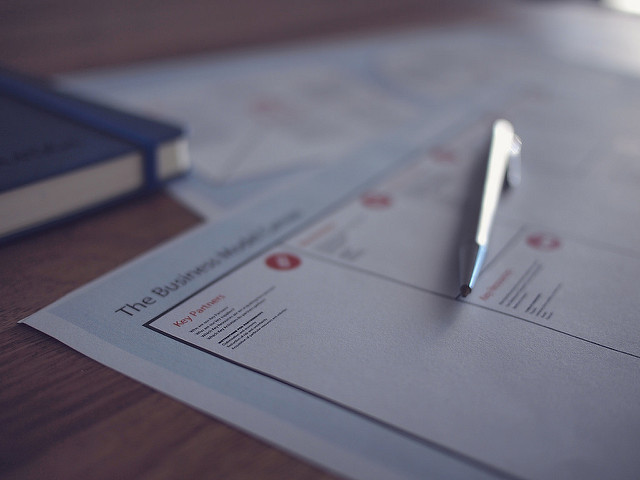One of the single best things you can do to further your education in trading commodities is to keep thorough records of your trades. Maintaining good records requires discipline, just like good trading.
Why Keep Trading Records?
Most professional traders, and those who consistently make money from trading commodities, keep diligent records of their trading activity. The same cannot be said for the masses that consistently lose at trading commodities.
Losing commodity traders are either too lazy to keep records or they can’t stomach looking at their undesirable trading results. You have to be able to face your problems and start working on some solutions if you want to be a successful futures trader. If you can’t look at your mistakes and put in the work necessary to learn from them, you probably shouldn’t be trading commodities.
NFL quarterbacks will spend countless hours examining game films to see what they are doing right and what they are doing wrong. Peyton Manning is a prime example of someone who put in the work and faced his own self-criticism in order to become more successful.
Examining your trading activity will open your eyes to the strategies that don’t work and give you confidence in the strategies that do work. It will also help you fine-tune your trading techniques – maybe you need larger stop losses or maybe the majority of your success comes from longer-term trades, etc. These are things that you may not be able to see unless they are documented, organized and reviewed regularly.
How to Keep Records
I like to keep all my trades on a spreadsheet that lists:
- Market
- Date/Time In
- Buy Price
- Sell Price
- Date/Time Out
- Profit or Loss – I highlight these in green or red.
- Reason or Strategy for taking the trade
- How did I exit – stop loss, profit objective reached, etc.
- Commissions – Keep a running total of commissions as it may open your eyes to overtrading.
This will give you a running summary of all the trades you placed. You can then start to break down the numbers to give an accurate reading of where you are doing well or poorly. From there, you can do more research to discover how to work on your trading techniques.
The first thing I like to do is see what percent of my trades are successful. Many traders will find that they do well on a good amount of their trades, but they have a couple huge losing trades that keep destroying their accounts. That is common among commodity traders. Many traders aren’t disciplined enough to take small losses. Eventually, traders will run into situations where the markets make extreme moves and extend more than expected. Then, these traders reach the breaking point where they can no longer take the pain, and suddenly a large percent of their account is gone.
One thing I have learned from my record keeping is that I do much better with longer-term trades than I do with day trading futures. You have to devote a lot of time each day when you are day trading, which may not be the best use time. I have also found that I have a very high success rate for certain techniques that I use for my trades and others have low success rates. Years ago, I discovered that one particular technique that I used for years just does not work. I guess I used it out of habit and therefore I thought it must work. After closely examining my records, I realized that it was not profitable over the long term and I needed to abandon the strategy.
The most beneficial tool I use when keeping track of my commodity trades is that I print out a chart of every trade that I place or a chart with all my trades if I daytrade. I mark where I entered the trade and where I exited. I will also make notes on the reason for entering and exiting the trade as well as any advice on what I could have done better or where I made a mistake. Then, I place each chart in a three ring binder in chronological order so I can easily review them.
This may seem like a lot of work to some people, but it will pay dividends many times over. It makes you a disciplined trader and you will be accountable for all you trading actions. Your trading records will tell you what works and what doesn’t and highlights what you need to work on.




